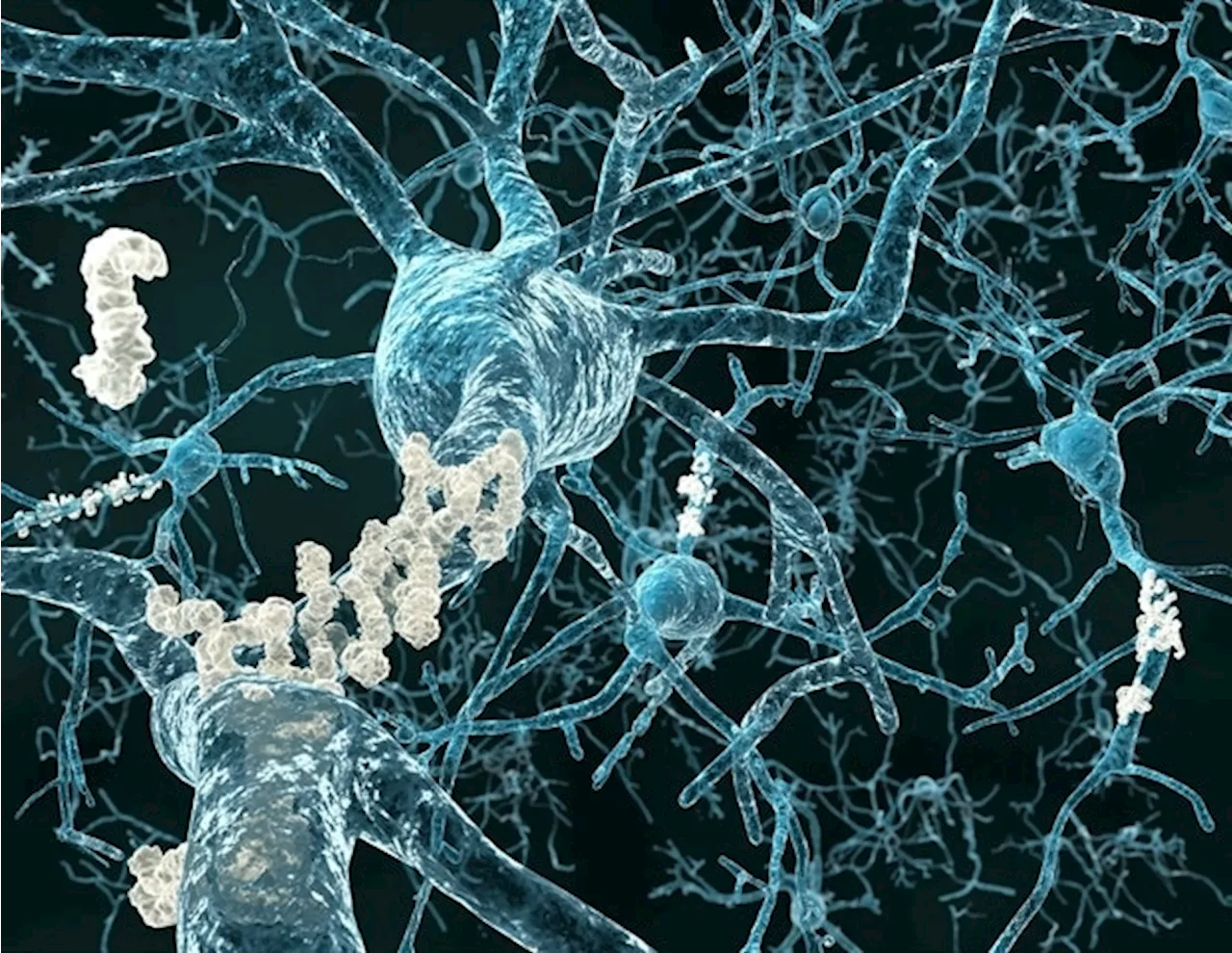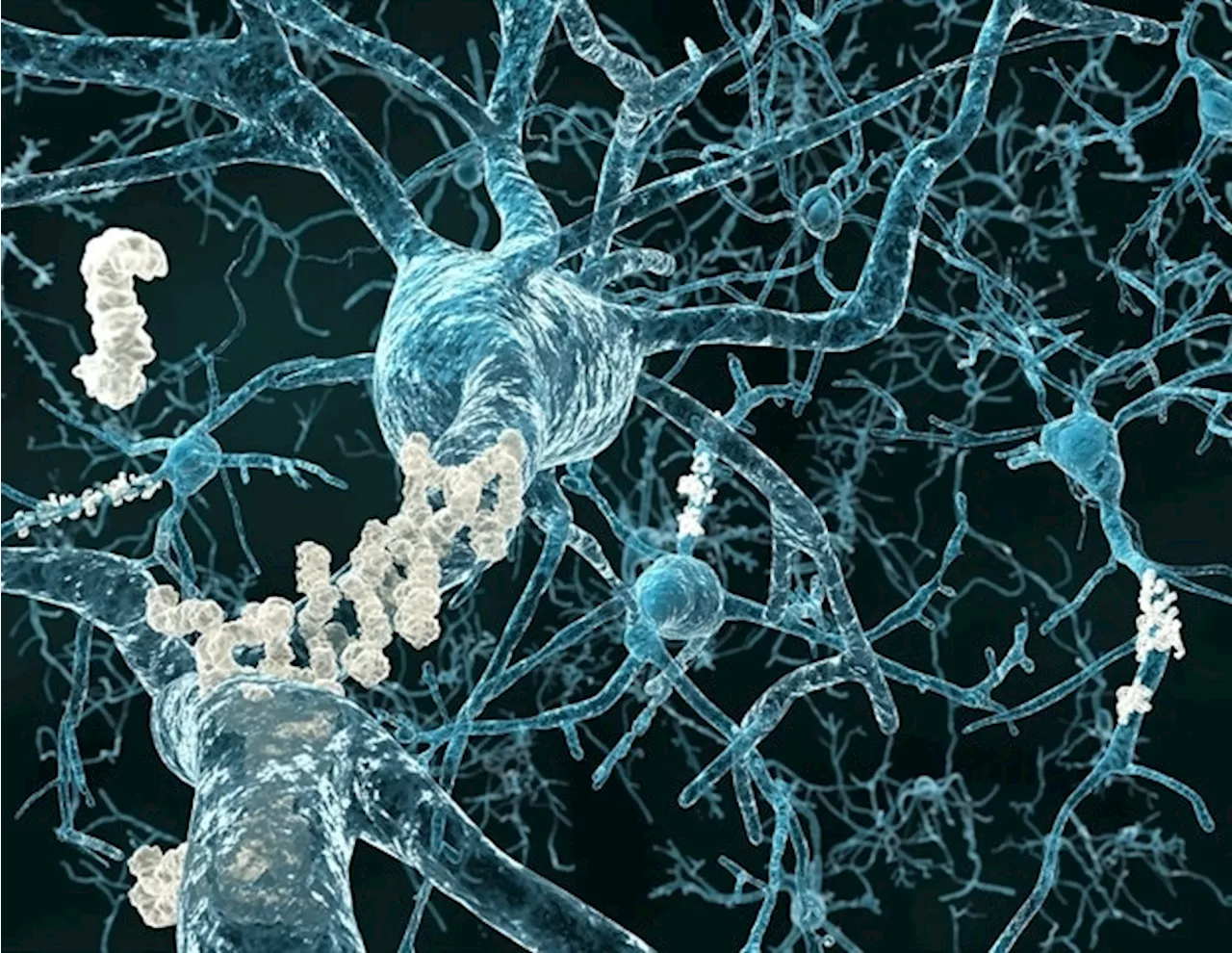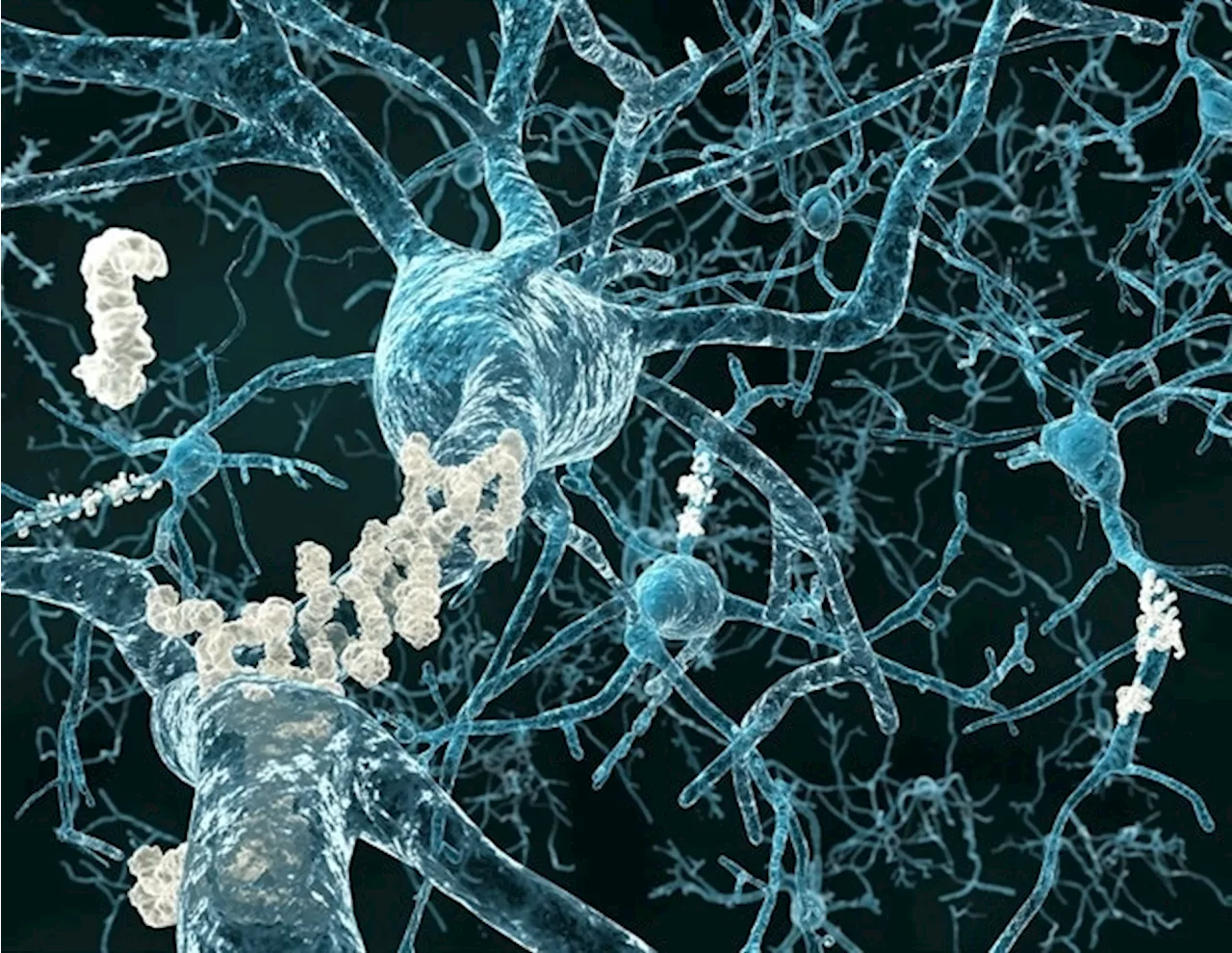Weill Cornell Medicine researchers have received a five-year $6.2 million grant from the National Institute on Aging, part of the National Institutes of Health, to build a portable, high-resolution Positron Emission Tomography (PET) scanner that can detect the earliest stages of Alzheimer's disease.
Weill Cornell Medicine Nov 4 2024 Weill Cornell Medicine researchers have received a five-year $6.2 million grant from the National Institute on Aging , part of the National Institutes of Health, to build a portable, high-resolution Positron Emission Tomography scanner that can detect the earliest stages of Alzheimer's disease.
Detecting the earliest signs of Alzheimer's disease The grant follows a proof-of-concept study in which Dr. Goldan and his colleagues developed a PET scanner with the world's highest resolution. This scanner, called Prism-PET, can detect "hot spots," or areas of increased concentrations of radioactive tracer, less than 1 mm in diameter when tested within brain phantoms, which are objects that simulate human tissue.
The transentorhinal cortex is only a few millimeters in size and can be incredibly difficult to accurately image with conventional PET scanners, even with highly specific tau PET tracers." Dr. Goldan is also collaborating with Dr. Jinyi Qi, professor of biomedical engineering at the University of California, Davis and co-principal investigator on the grant, and an advanced medical imaging systems company.
Aging Alzheimer's Disease Brain Cortex Imaging Positron Emission Tomography Radiology Tomography
United Kingdom Latest News, United Kingdom Headlines
Similar News:You can also read news stories similar to this one that we have collected from other news sources.
 Glaucoma medication may help prevent Alzheimer's-related tau build-upA drug commonly used to treat glaucoma has been shown in zebrafish and mice to protect against the build-up in the brain of the protein tau, which causes various forms of dementia and is implicated in Alzheimer's disease.
Glaucoma medication may help prevent Alzheimer's-related tau build-upA drug commonly used to treat glaucoma has been shown in zebrafish and mice to protect against the build-up in the brain of the protein tau, which causes various forms of dementia and is implicated in Alzheimer's disease.
Read more »
 Biden awards National Medals of Arts and Humanities in White House ceremonyPresident Joe Biden presented National Medals of Arts and National Humanities Medals to dozens of recipients.
Biden awards National Medals of Arts and Humanities in White House ceremonyPresident Joe Biden presented National Medals of Arts and National Humanities Medals to dozens of recipients.
Read more »
 Biden awards National Medals of Arts and Humanities in White House ceremonyPresident Joe Biden presented National Medals of Arts and National Humanities Medals to dozens of recipients.
Biden awards National Medals of Arts and Humanities in White House ceremonyPresident Joe Biden presented National Medals of Arts and National Humanities Medals to dozens of recipients.
Read more »
 Brazil-Italy joint lab focuses on Alzheimer’s drug developmentA self-proclaimed Brazil-Italy collaboration enthusiast, researcher Laura Bolognesi created the B2AlzD2 Joint Lab at the Department of Pharmacy and Biotechnology of the Università di Bologna (UNIBO), the first Brazil-Bologna joint laboratory dedicated to the development of new drugs for the treatment of Alzheimer's disease.
Brazil-Italy joint lab focuses on Alzheimer’s drug developmentA self-proclaimed Brazil-Italy collaboration enthusiast, researcher Laura Bolognesi created the B2AlzD2 Joint Lab at the Department of Pharmacy and Biotechnology of the Università di Bologna (UNIBO), the first Brazil-Bologna joint laboratory dedicated to the development of new drugs for the treatment of Alzheimer's disease.
Read more »
 Targeting hippocampal neurons to unlock existing Alzheimer's drugsA team of researchers at Kobe Gakuin University in Japan have genetically engineered insulin-fused proteins capable of targeting hippocampal neurons. The innovative technique capitalizes on insulin's natural tendency to accumulate in the hippocampal neuronal tissue.
Targeting hippocampal neurons to unlock existing Alzheimer's drugsA team of researchers at Kobe Gakuin University in Japan have genetically engineered insulin-fused proteins capable of targeting hippocampal neurons. The innovative technique capitalizes on insulin's natural tendency to accumulate in the hippocampal neuronal tissue.
Read more »
 New Alzheimer’s drug donanemab rejected for widespread use in NHSThe news comes as the UK’s medicines regulator said donanemab could be licensed for use in the UK
New Alzheimer’s drug donanemab rejected for widespread use in NHSThe news comes as the UK’s medicines regulator said donanemab could be licensed for use in the UK
Read more »
